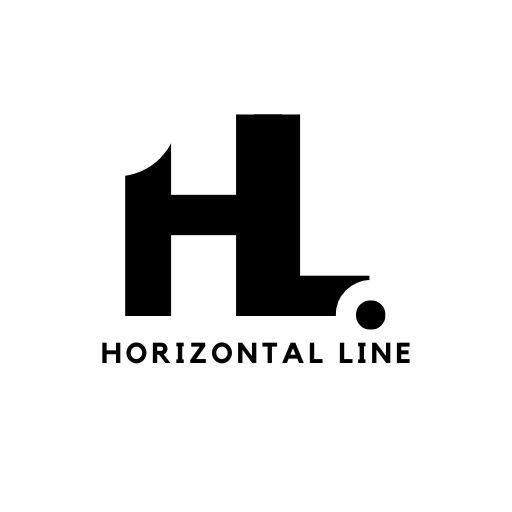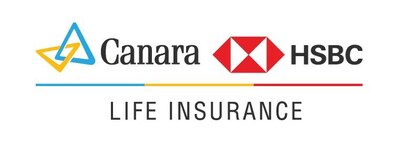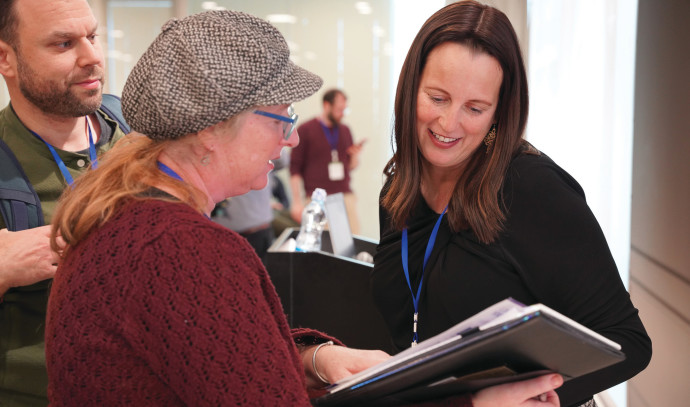- Retirement planning: Can FIRE calculators accurately help you in estimating your required goal?
- BKM Wealth Management Adds Tax Services
- Summit Stakes $1.3B North Carolina RIA
- 3 Major Reasons You Need a Financial Advisor in Your 30s-40s
- How One RIA Unlocked Growth by Outsourcing Investment Management
I recently caught up with industry veteran Bob Veres. Veres publishes Inside Information, a newsletter service for financial advisors. He shared his insights on the evolving landscape of financial advising and his personal journey.
Bạn đang xem: 9 Questions for Financial Planning Columnist Bob Veres
1. What’s happening with you personally?
My wife, Jeanne, and I live in Columbus, NC. We moved 2-1/2 years ago. We have a farm with horses. It’s nice here: lush, green, lots of trees. The weather’s generally nice with occasional hot days and cold days. If only there weren’t hurricanes!
2. What’s happening with you professionally?
I’m still doing my newsletter, Inside Information, and my conference, Insider’s Forum. The next conference will be in New Orleans on Sept. 19, 2025.
3. What do you see as the biggest trends in the industry?
I’ll cover a lot of that at the conference. For now, I think the consolidation trend is in trouble. As consolidated firms create unwieldy entities, they just can’t justify the expenses—or their P/E ratios. Their response is to say the smaller firms are overservicing clients. So, they’ll provide less service, and the junior advisors, who have no incentive to stay, will leave, take clients, and form new small firms. Prices will come down.
Xem thêm : Consider revocable living trusts when doing estate planning
Next, I think competition for talent is a big issue. It’s hard to get good people. Firms are competing for a limited talent pool against Fidelity, Schwab, and all the other firms. The current trend of remote work makes it easier to work for anyone, anywhere. So, competition for employees is not just limited to the local area. You need to have a firm that is employee-friendly to attract advisors. “Kids these days” old attitudes won’t work. You need to be able to offer career growth and a great environment. This includes training, mentoring, and self-managed careers—what do I need to master the move to next level?
To provide better growth opportunities for employees means the firm has to grow. That means marketing is key. You have to move away from cold calling, the founder playing golf, and seminars. What should you replace it with? Remember, you’re not limited to your local market. You need to find a group of clients where you speak their language—know those clients at a deeper level. Your marketing strategy will drive your service model and compensation model. For example, if you focus on doctors coming out of residency, you can’t bill based on AUM.
I actually think firms will move away from AUM billing. Asset management is more commoditized these days. Financial planning is what’s more valuable. So, advisors will need to make transition from AUM billing to something that’s more relevant to their service model.
4. What do you see as the biggest positives in the industry?
The future is bright. The present is awkward. Advisors need to transition to specialization and a better way to manage talent. It means better service, more clients served, and happier employees. We haven’t mastered these yet. The advisors who are holding back on making these changes will be, and have been, retiring.
5. What do you see as the biggest negatives in the industry?
The single biggest negative is inertia. People tend to resist change like new tech tools, new marketing. If people are willing to change, there’s a bright future. It’s funny. When you ask people if they’d like to go back 10 years, they say no. But they don’t want to make changes now. Change is the driver! Think about what it was like to move to fee-only.
One more thing—the firm of the future will be less profitable. Focusing on comprehensive financial planning is hard to leverage. It’s a valuable service but not efficient. AI is not there yet. Thus, the future will be less efficient and more personalized. The asset gatherers will be less sought after by consumers. I expect it will be a slow change. Those asset-gathering firms will have another decade or so before consumers catch on. As the large companies advertise, more consumers will look at BrokerCheck and will see regulatory infractions and arbitration. The independent firms can offer cleaner records and more personalized service.
Xem thêm : Your Trusted Guide to the Best
6. What should advisors be focused on?
I think advisors should strive to be an “idealistic” advisory firm. You should ask what service can I offer less-wealthy clients in a focused environment? Once you do that, you’ll start a process that is being refined on an ongoing basis. Go beyond “comprehensive financial planning and we’re a fiduciary.” Figure out the best way for staff to enhance their careers. Provide better service and take care of employees. These two things will give you growth.
7. What are you reading?
I’m reading God, a Biography, by Jack Miles. It took the Tenach [the Hebrew Bible] and did a literary analysis of the character of God—and how that character changes over time.
8. Movies or TV?
I don’t watch either.
9. What is your favorite sport?
I used to play football in college. Now, I follow what’s happening, but I don’t watch games. I prefer playing sports. I play pickup basketball, and I played basketball in Senior Olympics.
The opinions expressed here are the author’s. Morningstar values diversity of thought and publishes a broad range of viewpoints.
Nguồn: https://horizontalline.icu
Danh mục: News







